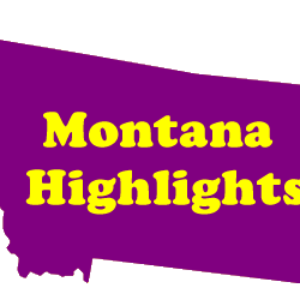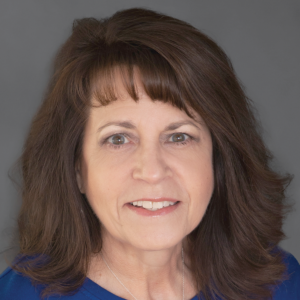NFIB’s Small Business Optimism Index decreased 0.6 of a point in August to 91.3, the 20th consecutive month below the 49-year average of 98. Twenty-three percent of small business owners reported that inflation was their single most important business problem, up two points from last month. The net percentage of owners raising average selling prices increased two points to a net 27% (seasonally adjusted), still at an inflationary level.
“With small business owners’ views about future sales growth and business conditions discouraging, owners want to hire and make money now from strong consumer spending,” said NFIB (National Federation of Independent Businesses) Chief Economist Bill Dunkelberg. “Inflation and the worker shortage continue to be the biggest obstacles for Main Street.”
Key findings include:
* Small business owners expecting better business conditions over the next six months deteriorated seven points from July to a net negative 37%; however, while still at recession levels, the reading is 24 percentage points better than that of last June, which was a net negative 61%.
* Forty percent of owners reported job openings that were hard to fill, down two points from July but remain historically high.
* The net percentage of owners who expect real sales to be higher decreased two points from July to a net negative 14%.
As reported in NFIB’s monthly jobs report, 40% (seasonally adjusted) of all owners reported job openings they could not fill in the current period. Owners’ plans to fill open positions remain elevated, with a seasonally adjusted net 17% planning to create new jobs in the next three months.
Fifty-six percent reported capital outlays in the last six months, up one point from July. Of those making expenditures, 37% reported spending on new equipment, 24% acquired vehicles, and 17% improved or expanded facilities. Eleven percent spent money on new fixtures and furniture, and 4% acquired new buildings or land for expansion. Twenty-four percent of owners plan capital outlays in the next few months, down three points from July.
A net negative 14% of all owners (seasonally adjusted) reported higher nominal sales in the past three months, the lowest reading since August 2020. The net percentage of owners expecting higher real sales volumes declined two points to a net negative 14%.
The net percentage of owners reporting inventory gains declined four points to a net negative 7%. Not seasonally adjusted, 11% reported increases in stocks and 16% reported reductions. A net negative 5% of owners viewed current inventory stocks as “too low” in August, down one point from July. By industry, shortages are the most frequent in retail (9%), finance (7%), manufacturing (7%), and services (7%). Zero percent of owners plan inventory investments in the coming months, up two points from July.
The net percentage of owners raising average selling prices increased two points from July to a net 27% (seasonally adjusted). Twenty-three percent of owners reported that inflation was their single most important problem in operating their business, up two points.
Unadjusted, 12% reported lower average selling prices and 38% reported higher average prices. Price hikes were the most frequent in finance (52% higher, 7% lower), construction (51% higher, 6% lower), retail (45% higher, 11% lower), and wholesale (36% higher, 20% lower). Seasonally adjusted, a net 30% plan price hikes.
The frequency of reports of positive profit trends was a net negative 25%, up five points. Among owners reporting lower profits, 28% blamed weaker sales, 24% blamed the rise in the cost of materials, 15% cited labor costs, 10% cited lower prices, 5% cited the usual seasonal change, and 3% cited higher taxes or regulatory costs. For owners reporting higher profits, 45% credited sales volumes, 29% cited usual seasonal change, and 12% cited higher selling prices.
Two percent of owners reported that financing was their top business problem. A net 24% of owners reported paying a higher rate on their most recent loan.
The NFIB Research Center has collected Small Business Economic Trends data with quarterly surveys since the fourth quarter of 1973 and monthly surveys since 1986. Survey respondents are randomly drawn from NFIB’s membership. The report is released on the second Tuesday of each month. This survey was conducted in August 2023.





